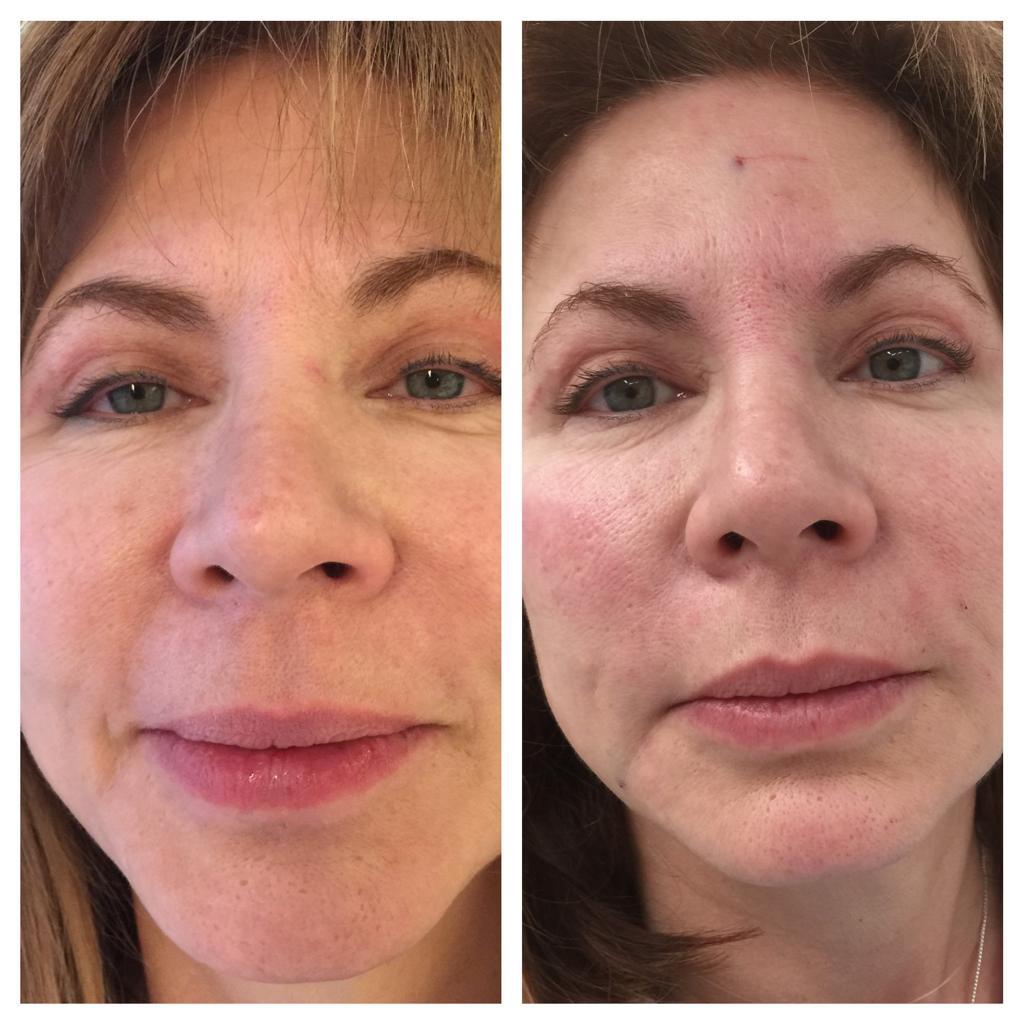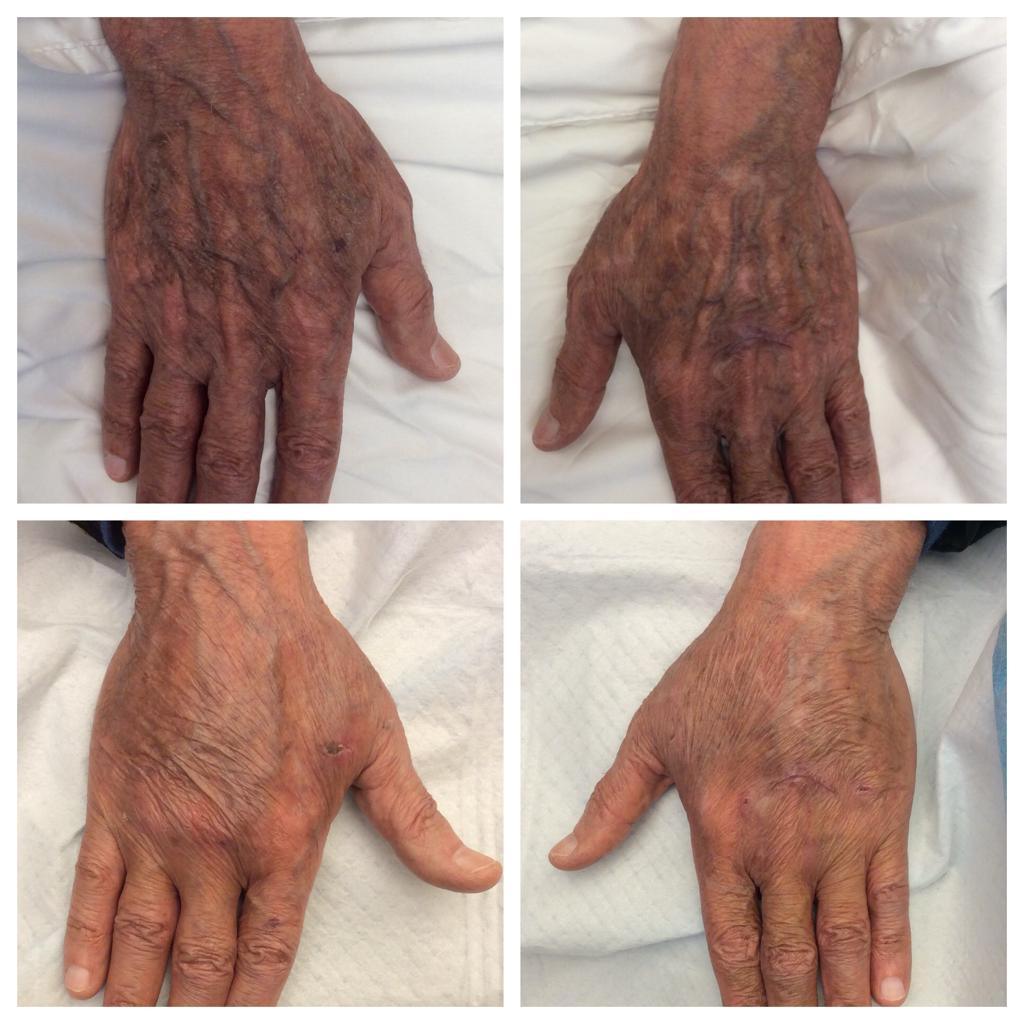
Photo Credit: Courtesy of Dr. Steven Victor
Seeking a crafty artisan to achieve a beautifully sculpted face? Look to none other than Dr. Steven Victor, who specializes in the transformative Fat Sculpting Face Lift procedure, also known as fat transfer or fat grafting. This minimally invasive surgical technique not only replenishes lost volume in the face and hands but also artfully sculpts the facial structure, enhancing cheekbones, jawlines, and chins where volume may have diminished over time. To learn more about a fat transfer procedure that, interestingly, everyone is a candidate for, Haute Beauty asked Haute Beauty expert Dr. Victor a range of questions about the benefits, procedure process, and results; here’s what he shared.
The Procedure Details
A fat transfer is done by removing some fat (usually 20-60 cc of fresh fat) from your stomach or thighs under local anesthesia which usually takes 10 minutes and is virtually painless. We then homogenize the fat so a special canulae can smoothly deliver it and this also helps to release stem cells from the walls of capillaries in the fat.
During the fat sculpting procedure, fat (usually 20-60 cc of fresh fat) is harvested from your stomach or thighs by inserting a cannula and suctioning out the fat, similar to liposuction. This is done in usually 10 minutes and under local anesthesia to minimize any potential discomfort. We then take the harvested fat and homogenize it so a special canulae can smoothly deliver it and this also helps to release stem cells from the walls of capillaries in the fat. Once your fat is ready to be placed, it is injected into the targeted area through a cannula until the desired appearance is achieved.
Benefits of a Fat Transfer
As you age you lose fat in your face and hands and gain it in your midsection. Think raisin to a grape. So, as you lose fat in your face your skin sags, just like letting air out of a balloon. But when you put in fresh fat and fill up the empty spaces the skin is picked up and tightened. When receiving a fat transfer, it will replace lost volume as well as treat wrinkles, etc. for five-plus years.

Photo Credit: Courtesy of Dr. Steven Victor
Step-by-Step: From Consultation to Recovery
- Come into Dr. Victor’s office for a consultation.
- Choose a fat harvesting area.
- Clean the area with betadine and make a small area numb and then make a small incision.
- Infiltrate the area with dilute anesthesia. There will be minimal discomfort since very few nerve endings in fat.
- Wait 15 minutes for vasoconstriction.
- Harvest the fat by hand using a harvesting cannula.
- Nurse bandages area which will be changed before the patient leaves.
- Clean the fat by removing the blood.
- Homogenize the fat (there are numerous devices available) this makes the fat small enough to go through a small gauge cannula.
- Make the areas of incisions on the face or hands numb.
- Make very small entrance points using an 18 gauge needle for the entrance points for the cannula.
- Inject the homogenized fat into the area.
- Use your fingers to mold the fat.
- Ice for about 15 minutes.
- Discharge the patient.
Downtime Associated
There is usually less bruising than traditional fillers or Botox. You may experience minimal swelling for 24-48 hours.
Post-operative Care
After undergoing a fat transfer procedure, it is crucial to provide ample time for the transferred fat to settle and integrate seamlessly. It is advised to avoid laying on your face for a minimum of 24 hours and to limit the use of your hands.
How soon can I expect to see the final results of the fat transfer procedure?
While you will experience immediate results after the procedure, the remarkable transformation of your skin quality goes beyond the surface. Thanks to the presence of stem cells, the texture, tightening, and improvement of scars will continue to enhance over the course of six to nine months. Prepare to witness a brighter, rejuvenated complexion as the extraordinary benefits of stem cells work their magic, delivering long-lasting and remarkable improvements to your skin.
For more information, visit Dr. Brian A. Levine's social media:

























